RO in the garage
pumpkineater59
12 years ago
Related Stories
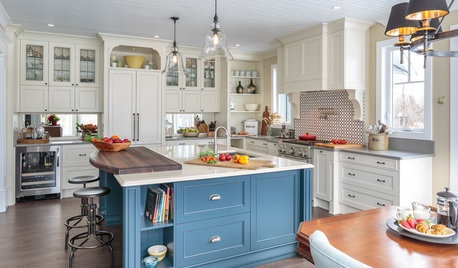
KITCHEN DESIGNThe Most Popular Kitchen Storage Ideas of 2015
Maximizing every inch, keeping necessities close at hand and finding room for technology top Houzzer favorites
Full Story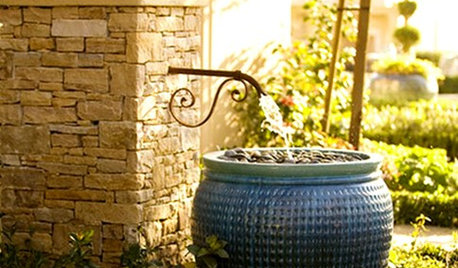
GREEN BUILDINGJust Add Water: Rain Barrel Magic
Take your rainwater storage from practical to beautiful with a new breed of design-friendly rain barrels
Full Story
EARTH DAYGrow a Beautiful Garden With Ecofriendly Greywater
Reducing home water waste means lower bills and a healthier planet. Here's how to set up a greywater home irrigation system that can help
Full Story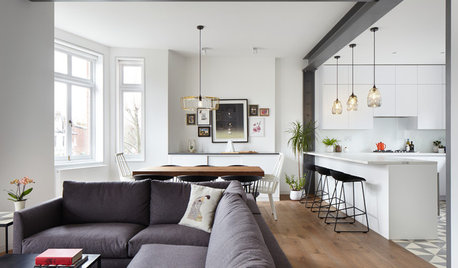
WORKING WITH PROSA Beginner’s Guide to Managing a Remodel
How do you make your design dream a reality? Here’s some project management know-how to help you work with your designer
Full Story
REMODELING GUIDESWhen to Use Engineered Wood Floors
See why an engineered wood floor could be your best choice (and no one will know but you)
Full Story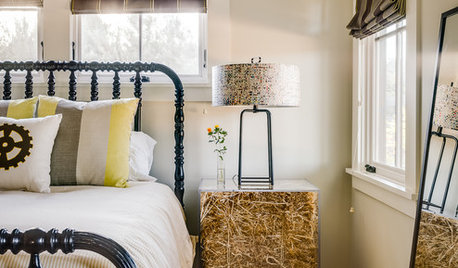
BEDROOMS15 Nightstands That Are Not Your Average Bedside Tables
Take another look at that unusual antique or flea market find. It could have a new life next to the bed
Full Story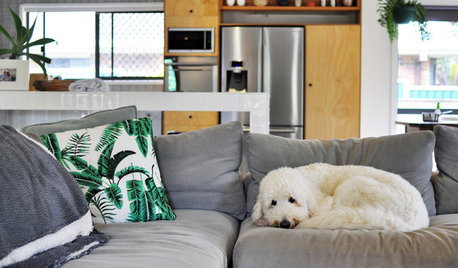
HOMES AROUND THE WORLDMy Houzz: Family and Nature at the Heart of It All
A designer transforms a run-down house into a clean and comfortable family home
Full Story





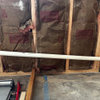
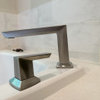
asolo
User
Related Professionals
Channahon Handyman · Eagle Mountain Kitchen & Bathroom Remodelers · 93927 Kitchen & Bathroom Remodelers · Albuquerque Kitchen & Bathroom Remodelers · Beverly Hills Kitchen & Bathroom Remodelers · Broadlands Kitchen & Bathroom Remodelers · Dearborn Kitchen & Bathroom Remodelers · Gilbert Kitchen & Bathroom Remodelers · Key Biscayne Kitchen & Bathroom Remodelers · Kuna Kitchen & Bathroom Remodelers · South Lake Tahoe Kitchen & Bathroom Remodelers · Vienna Kitchen & Bathroom Remodelers · Waukegan Kitchen & Bathroom Remodelers · Ridgefield Park Kitchen & Bathroom Remodelers · Travilah Kitchen & Bath Fixturesandy_c
pumpkineater59Original Author
asolo
andy_c